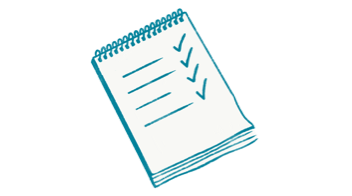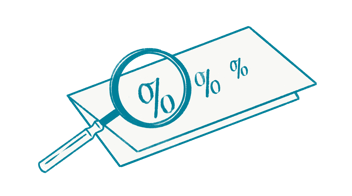
Keep in mind...
Interesting fact: thirty percent of loan applications are denied. If that happens, you still have options! Try a different lender, save a bit more, or take steps to improve your credit.
Your mortgage will be part of your life for a long time and so you'll want to find a mortgage with terms that work for you. All the fine-print details define how quickly you’ll be able to pay it off and truly own your home. We can help you understand what it all means and pick the one that’s best for you.

Interesting fact: thirty percent of loan applications are denied. If that happens, you still have options! Try a different lender, save a bit more, or take steps to improve your credit.

Knowing what to ask your lender will help you learn everything about what they’re offering. Keep provides questions you can ask your lender to deepen understanding.

Private mortgage insurance protects the lender if you can’t pay the mortgage. It’s part of your mortgage payment and you can cancel it once you pay down 20% of your principal.